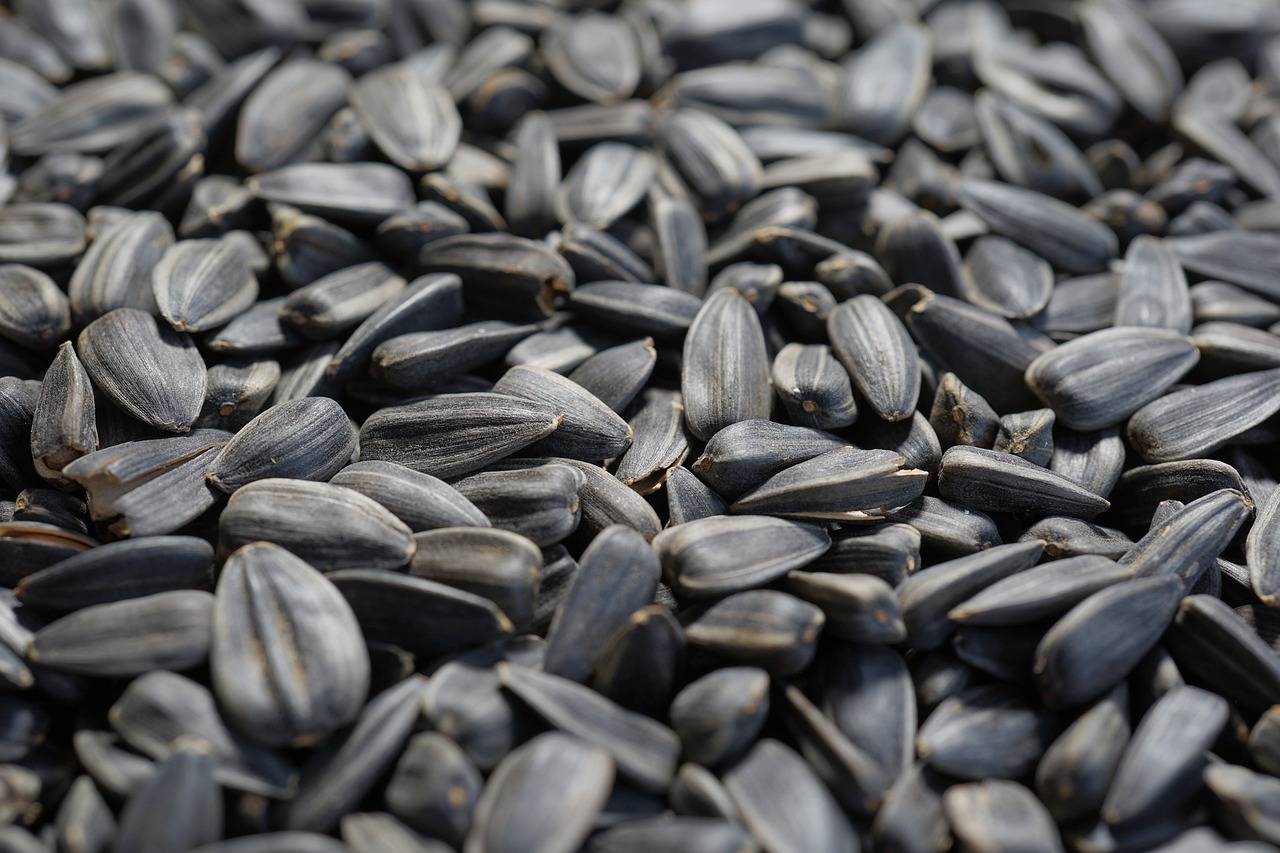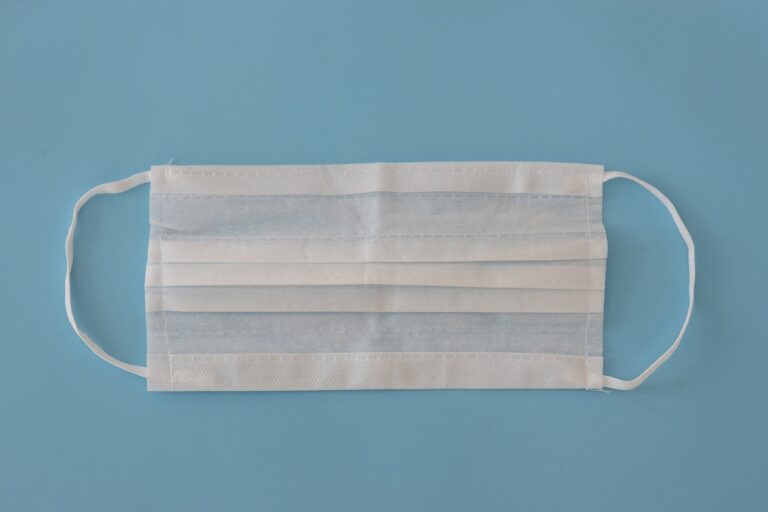Exploring Alternative Therapies: Acupuncture, Yoga, and More
Dating back over 2,500 years, Traditional Chinese Medicine (TCM) has a rich and extensive history deeply rooted in ancient philosophical principles. The ancient Chinese people believed that the human body was a microcosm of the larger universe, where the forces of yin and yang, as well as the flow of Qi, played a crucial role in maintaining health and balance.
One of the earliest recorded texts on Traditional Chinese Medicine is the Yellow Emperor’s Inner Canon or Huangdi Neijing, which dates back to around 200 BCE. This fundamental text laid the groundwork for TCM theories and practices, emphasizing the importance of harmony between the body, mind, and spirit. Over the centuries, TCM evolved and expanded, incorporating contributions from various Chinese dynasties and neighboring cultures, culminating in the diverse and holistic system we recognize today.
The Principles of Acupuncture
Acupuncture is a key component of Traditional Chinese Medicine, based on the concept of balancing the flow of life energy, or Qi, along the body’s meridian pathways. By inserting thin needles at specific points on the body, acupuncturists aim to regulate the flow of Qi and restore harmony to the body’s systems. This ancient practice is believed to treat a wide range of physical, emotional, and mental health conditions by addressing the root cause of imbalance within the body. The effectiveness of acupuncture has been recognized by the World Health Organization for its ability to alleviate pain, reduce stress, and promote overall well-being.
What is the history of Traditional Chinese Medicine?
Traditional Chinese Medicine has been practiced for thousands of years and is based on the belief that the body’s vital energy, or Qi, flows through meridians in the body. It includes practices such as acupuncture, herbal medicine, and Qi Gong.
What are the principles of acupuncture?
Acupuncture is based on the idea that by stimulating specific points on the body, known as acupuncture points, the flow of Qi can be re-balanced and the body can heal itself. This is done using thin needles that are inserted into the skin at these points.
How does acupuncture work?
Acupuncture is believed to work by stimulating the nervous system to release chemicals in the muscles, spinal cord, and brain. These chemicals can either change the experience of pain, or trigger the release of other chemicals and hormones that influence the body’s internal regulating system.
What conditions can acupuncture help with?
Acupuncture is commonly used to help with pain management, stress reduction, and improving overall well-being. It has been used to treat a variety of conditions including headaches, back pain, anxiety, and digestive disorders.
Is acupuncture safe?
When performed by a trained and licensed practitioner, acupuncture is generally considered to be safe. It is important to ensure that the practitioner is using sterile needles and following proper hygiene practices to prevent infection.





